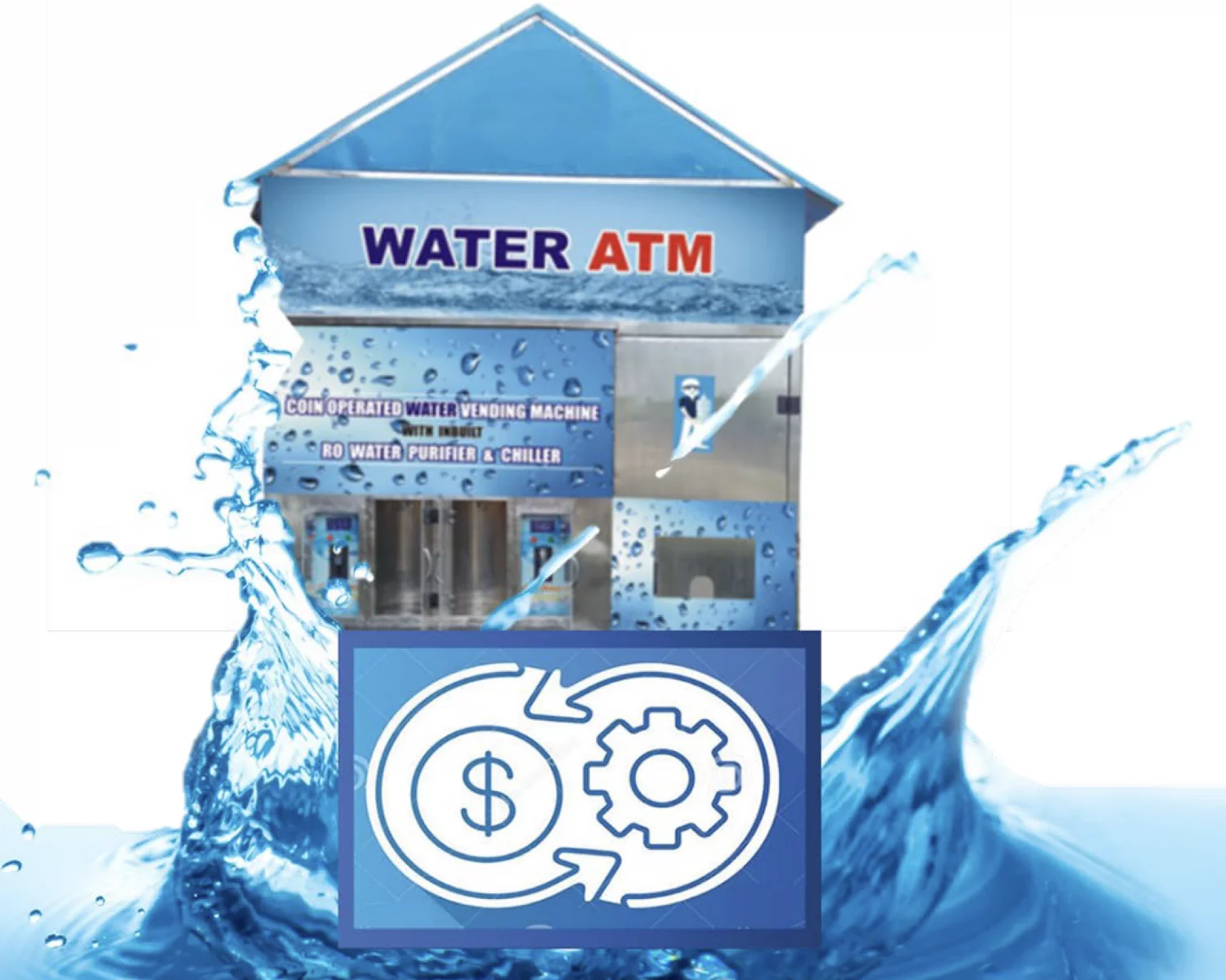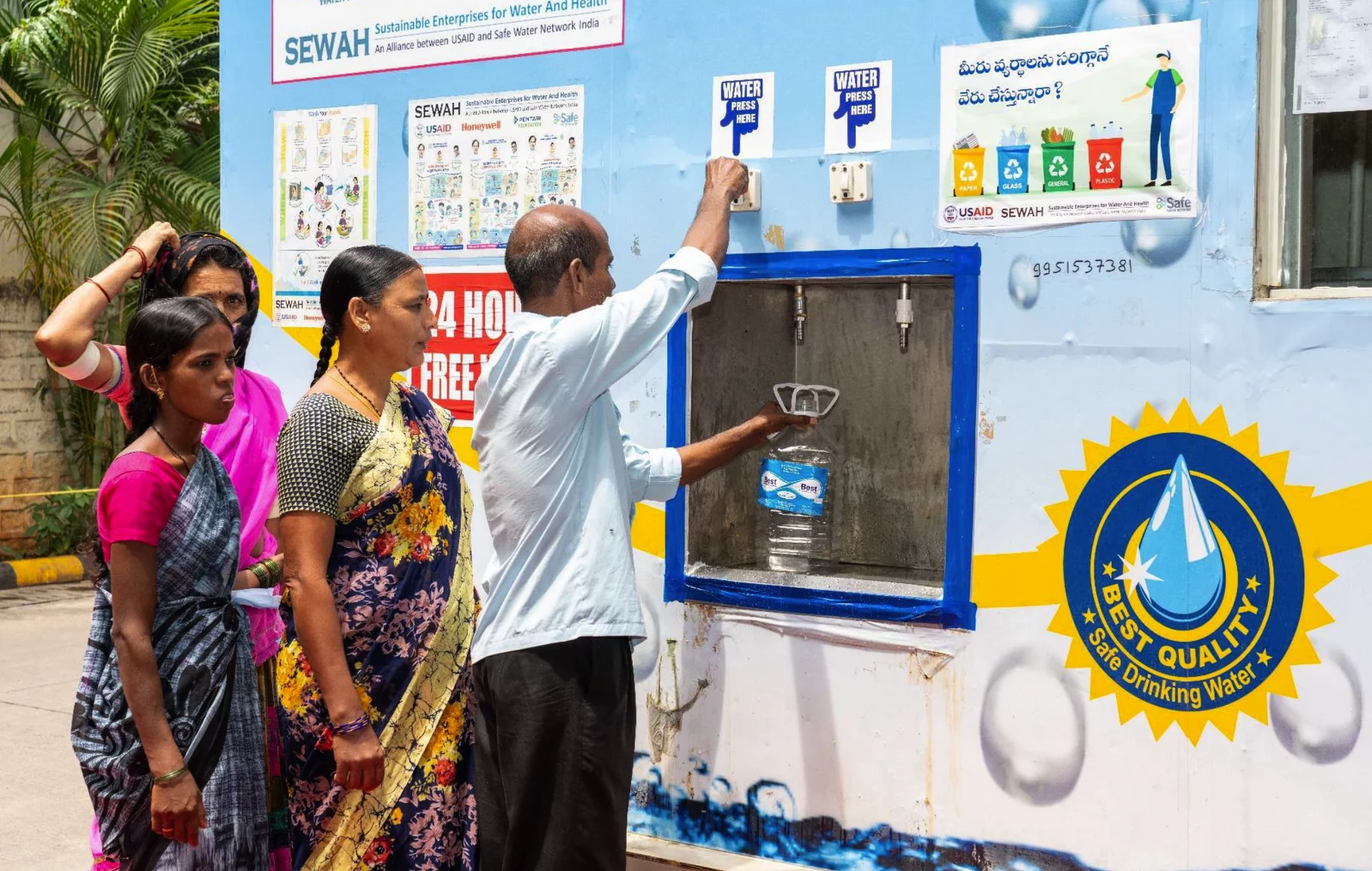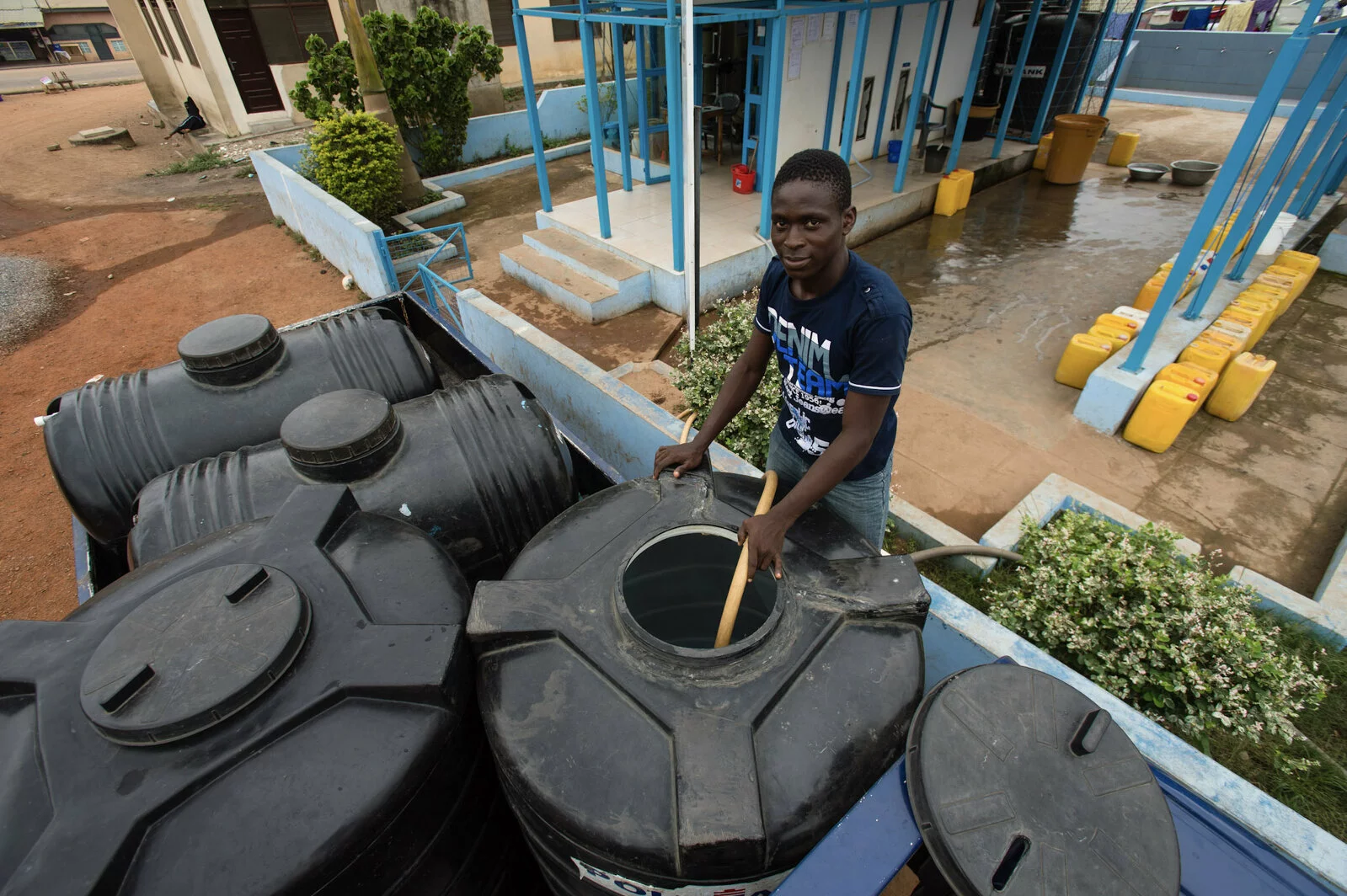Insights from the Free Water Mandate in Ghana
By: Elliot Abra | Charles Yeboah | Lauren Cuscuna | Joseph Ampadu-Boakye
In late March 2020, the Government of Ghana mandated that all water utility providers, both public and private, must provide free water to all Ghanaians for the months of April to June, and August to December in 2020. This policy was in response to the administration’s efforts to alleviate the health and economic challenges of the COVID-19 pandemic.
This directive affected Safe Water Network Ghana and our 90+ water stations providing access to safe drinking water to over 400,000 people across nine regions in Ghana. In effect, revenue inflow to sustain the stations ceased while some variable costs increased as demand for production grew.
We set four key objectives to keep safe water flowing and comply with the government mandate:
- Ensure adequate supply of treated water to meet the needs of our consumers whilst implementing all the safety protocols to reduce the likelihood of COVID-19 infections for both staff and consumers.
- Ensure minimal impact on our operational capacity to provide free water.
- Solicit financial support from government and other private partners to compensate for lost revenue from direct water sales.
- Draw and disseminate learnings from the mandate period to guide future programs.
In this report, we detail how Safe Water Network Ghana achieved these key objectives and provide an overview of the financial impact of the mandate on our water station operations. Ultimately, this experience provided a testing ground for the adaptability of our stations to react during a public health crisis. The outcome was not only a testament to the resiliency of safe water enterprises, but also highlights the role of SWEs in enabling access to safe water in a public health crisis.



